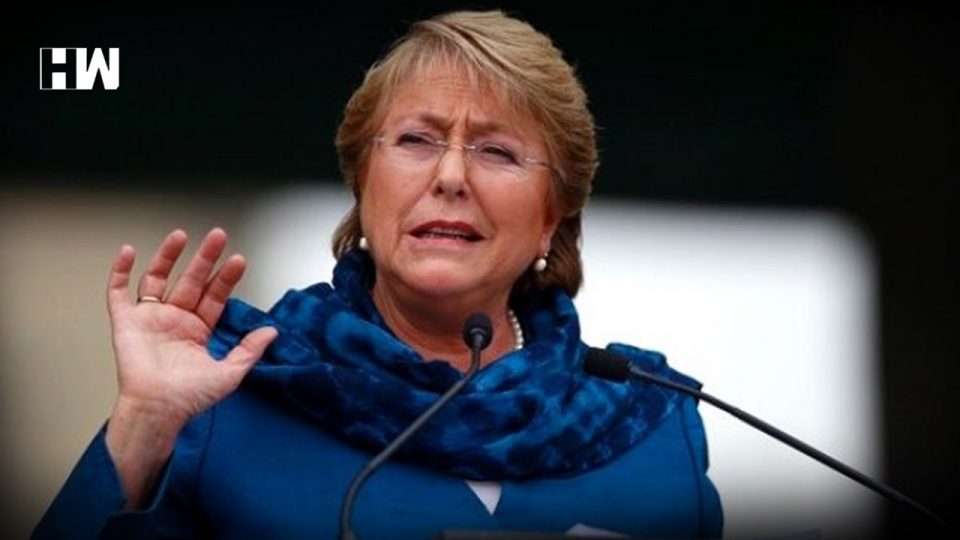United Nations | The UN’s top human rights official cited the “landmark” decision by India’s Supreme Court decriminalising consensual gay sex and urged more countries to bring their laws and practices in line with the fundamental equality of all their people.
UN High Commissioner for Human Rights Michelle Bachelet, during the Lesbian, Gay, Bisexual, Transgender/Transsexual and Intersex (LGBTI) Core Group event — ‘Violence against LGBTI Individuals: Extra-judicial, summary or arbitrary executions’ — on the sidelines of the UN General Assembly here on Tuesday, said that change is happening around the world.
On September 6, a five-judge Constitution bench of the Supreme Court of India unanimously decriminalised part of the 158-year-old colonial law under Section 377 of the Indian Penal Code which criminalises consensual unnatural sex, delivering a ground-breaking victory for gay rights in India.
Bachelet said: “More than 70 countries criminalise consensual same-sex relationships, and also criminalise transgender people based on their appearance. These laws subject LGBT people to long prison sentences, and in some cases physical punishment. They also implicitly encourage prejudice, hatred and violence. But laws can change”.
“In India, we have just seen a landmark decision by the Supreme Court, decriminalising same-sex relationships. This important discussion is taking place all over the world. Not only in Europe and North America it is moving forward in Africa, in Asia, in the Americas, in the Caribbean and in the Pacific,” she said.
Welcoming these “vital changes”, Bachelet said there is a need to see more countries taking steps to bring their laws and practices in line with the fundamental equality of all their people. She, however, stressed that there is also a need to “change minds” as at the core of killings and violence against the LGBTI community is prejudice and hate. “We will only prevent these crimes if we are brave enough to address these factors, across society,” she said.
Earlier this month, the Supreme Court had unanimously struck down one of the world’s oldest bans on consensual gay sex, delivering a ground-breaking victory for gay rights in India.
The Constitution bench headed by Chief Justice Dipak Misra had unanimously held that the Lesbian, Gay, Bisexual, Transgender and Queer (LGBTQ) community possess the same Constitutional rights as other citizens of the country.
As an independent media platform, we do not take advertisements from governments and corporate houses. It is you, our readers, who have supported us on our journey to do honest and unbiased journalism. Please contribute, so that we can continue to do the same in future.

